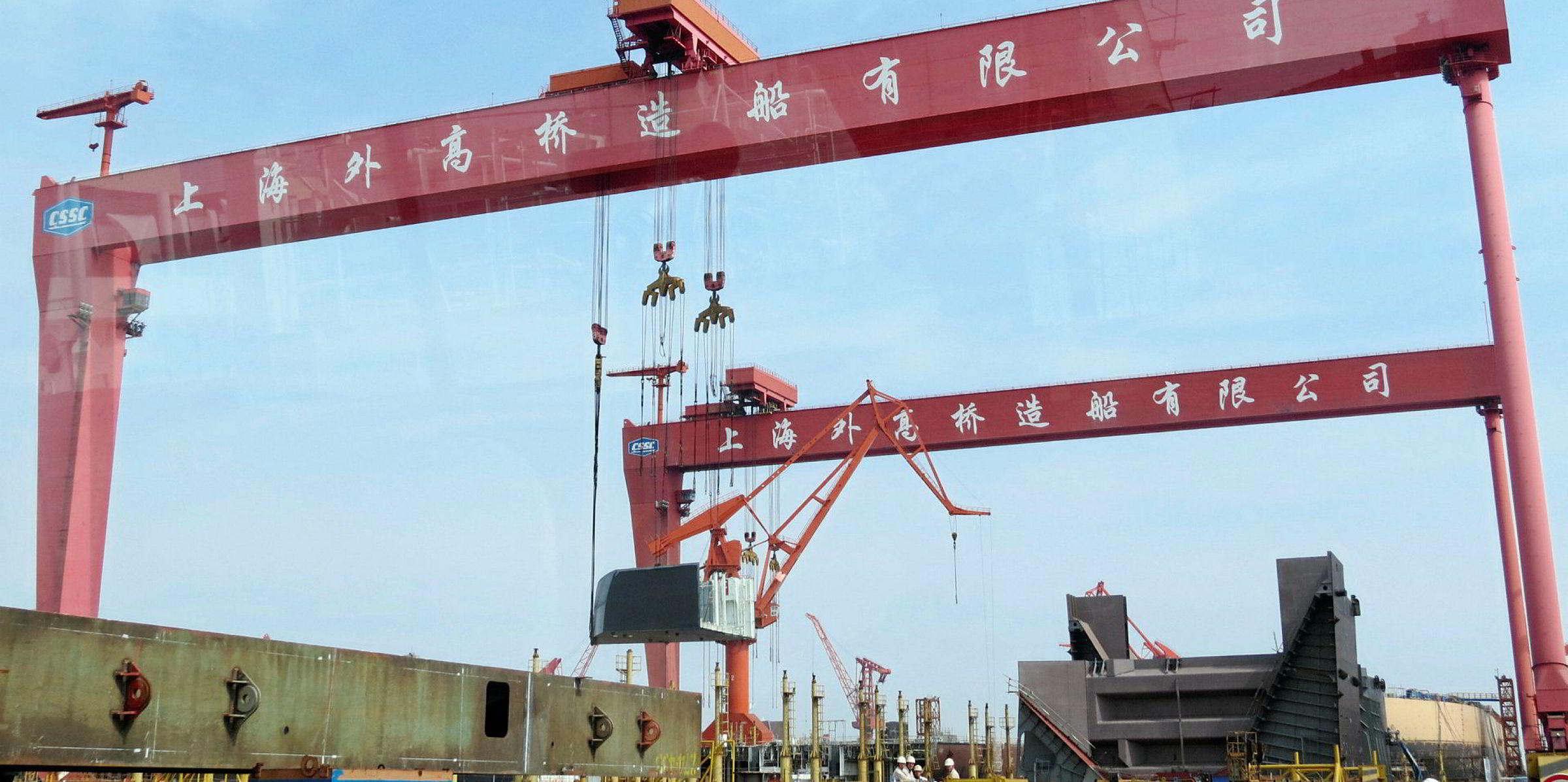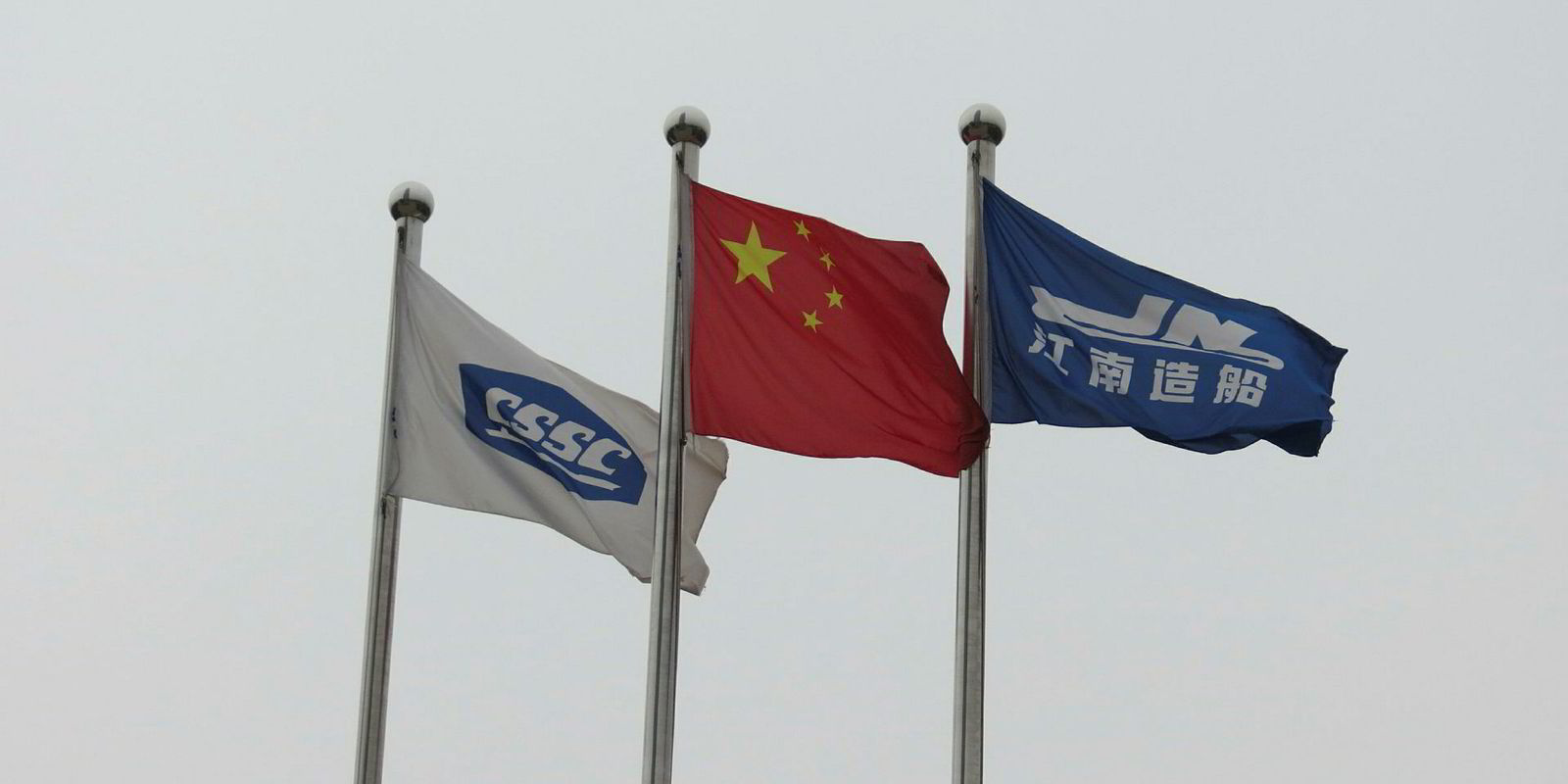Picture, if you will, a world economy in which all the big industrial and extractive companies were owned by the Chinese state, and merged into one company per industry. Things could never go that far, maybe, but they have certainly moved in that direction, and it is stated Chinese government policy to go further.
Extending its reach
So what will it look like if that development reaches its maximum point, with one shipowning company, one energy major, one big miner, one steelmaker, one civil construction company and so on, all ultimately controlled in Beijing?
Maybe the lack of competition would create massive inefficiencies in production and investment, and the system would destroy itself with a big bang.
Or maybe the change would not be that dramatic. Commodities are fungible and demand would still come from all over the world, not just in China. World trade might keep flowing, at least in normal times, just more slowly. And of course all the dividends would be flowing to the State-owned Assets Supervision and Administration Commission of the State Council (Sasac) in Beijing, already the world’s largest shareholder.

Legal repercussions
But one important question, if the world economy were in the hands of China Inc, would be this: Whom would you sue? Would all companies be protected from lawsuits under Chinese sovereign immunity? Or would all companies risk being liable for each other’s debts, if they were not meticulous enough about preserving their corporate distinctness?
One US law firm apparently believed such a point had been reached, at least in shipbuilding.
This summer, US cruise giant Carnival Corp was surprised to be drawn into a lawsuit that has nothing to do with leisure travel, shipping or shipbuilding. Lawyers for a small California sports equipment company applied to the Southern District of Florida federal court and won an order to garnish up to $26m of any funds that Carnival might owe to China Shipbuilding Industry Corp (CSIC).
Drawn-out court battle
The applicant, Folex Golf Industries, owned by American citizen Chris Fu (Fu Qingyu), had been fighting a court battle in California for years against a mainland Chinese manufacturer of golf club heads and a Taiwan-based company that uses them in finished golf clubs. Los Angeles-based Folex had originally served as middleman between the two, in order to overcome certain China-Taiwan obstacles, but eventually the principals felt comfortable doing business directly and cut out Folex, which sued and won a $26m judgment against the club maker, which never bothered to come to the US and defend itself in court.

What does all that have to do with shipbuilding, or Carnival Corp?
Well, CSIC, like its rival China State Shipbuilding Corp (CSSC), has a network of research institutes that spin off new product lines from the core business of shipbuilding. CSIC’s Luoyang Ship Material Research Institute (LSMRI), the mainland golf club head maker, turns out to be one of those.
Folex had been looking for a place to collect its debt from LSMRI. Its parent CSIC has no very conspicuous assets in the US waiting to be seized. At one time, CSIC’s relatively new ship leasing arm looked as though it could be a target, as some of its vessels trade to US ports, but then Folex’s lawyers learned of Carnival’s widely publicised plan to build cruiseships in China, and reasoned that their client could intercept some of the cash involved.
“Multiple published reports indicate that Carnival is party to a joint venture with CSIC... to build cruiseships on behalf of Carnival for the Chinese market,” they told the court, which gave them permission to go and demand Carnival’s CSIC money.
The lesson in this case may be just that lawyers should mind their spelling
They were knocking on the wrong door. The deal announced in February 2017 is not with CSIC, China’s northern group of major state-owned yards, but with CSSC, the southern group. It is CSSC Shanghai Waigaoqiao Shipbuilding that is set to build two firm ships for $1.5bn, with four options, for Carnival in a joint venture with Italy’s Fincantieri.
A marriage of the two Chinese shipbuilding behemoths is widely expected, and would be in line with the government’s industrial policy goals, but has not happened. So the attempted raid on Carnival’s accounts payable was premature at best. Even so, Folex is still insisting to the Florida court that Carnival should have to prove that CSSC and CSIC really are distinct companies.
The lesson in the case may be just that lawyers should mind their spelling.
But it may also be that a China Inc that expands to fill the entire world economy may not necessarily be a China Inc that has really integrated with the world economy.





